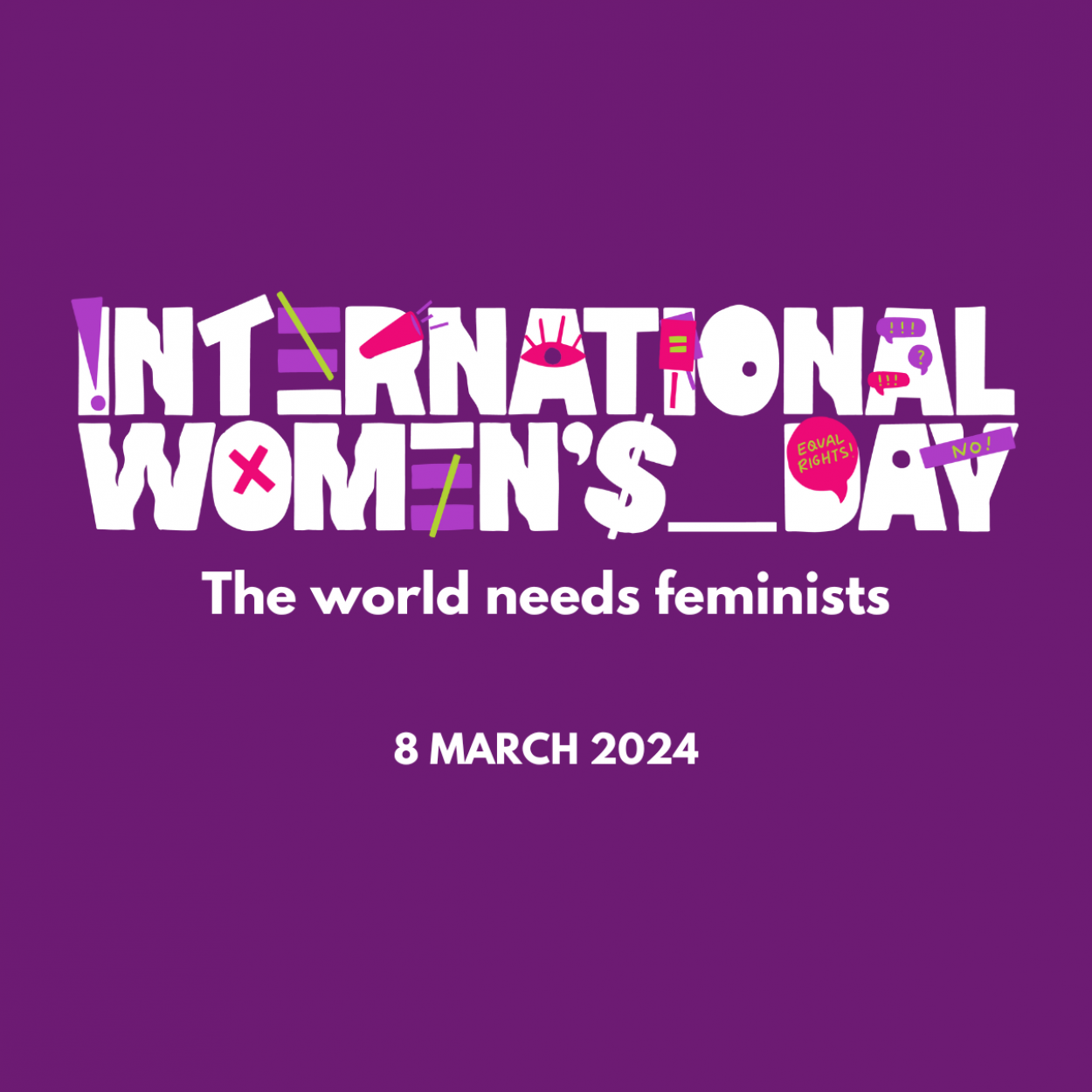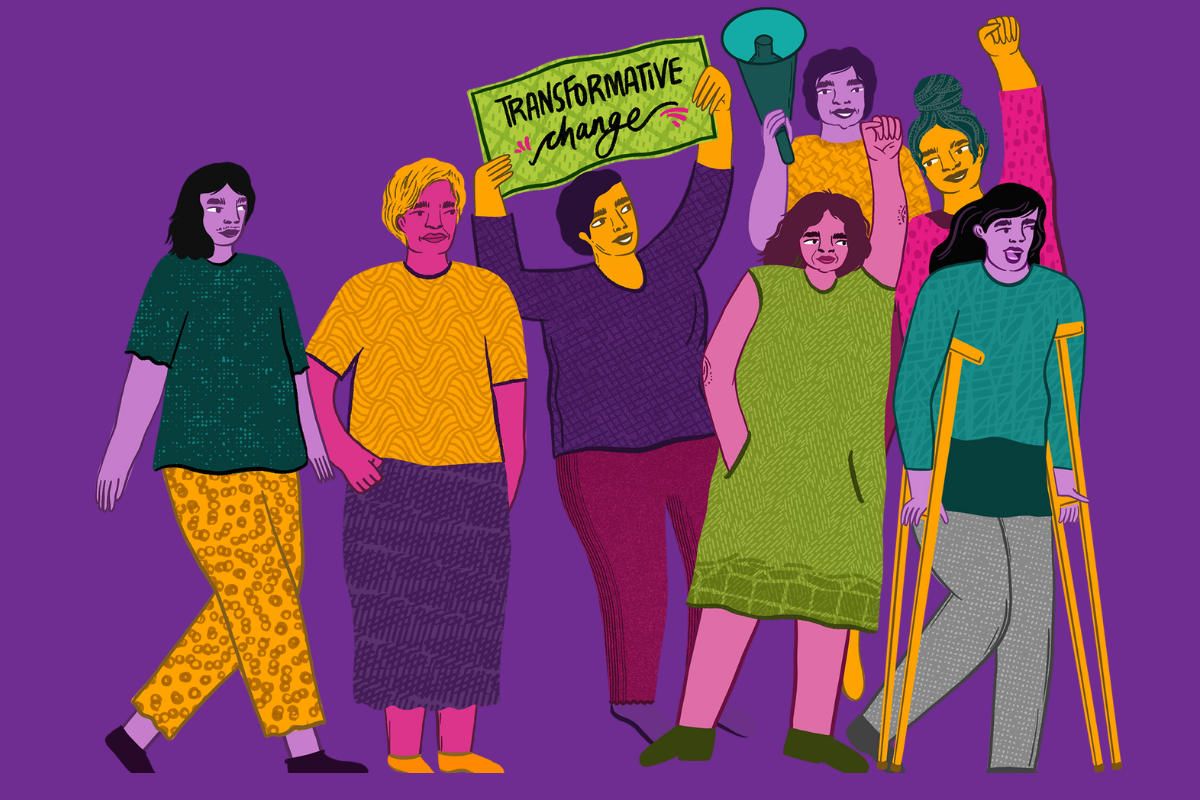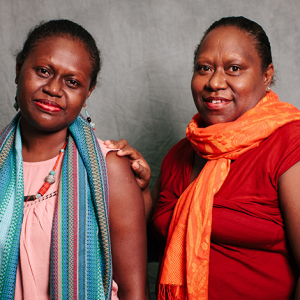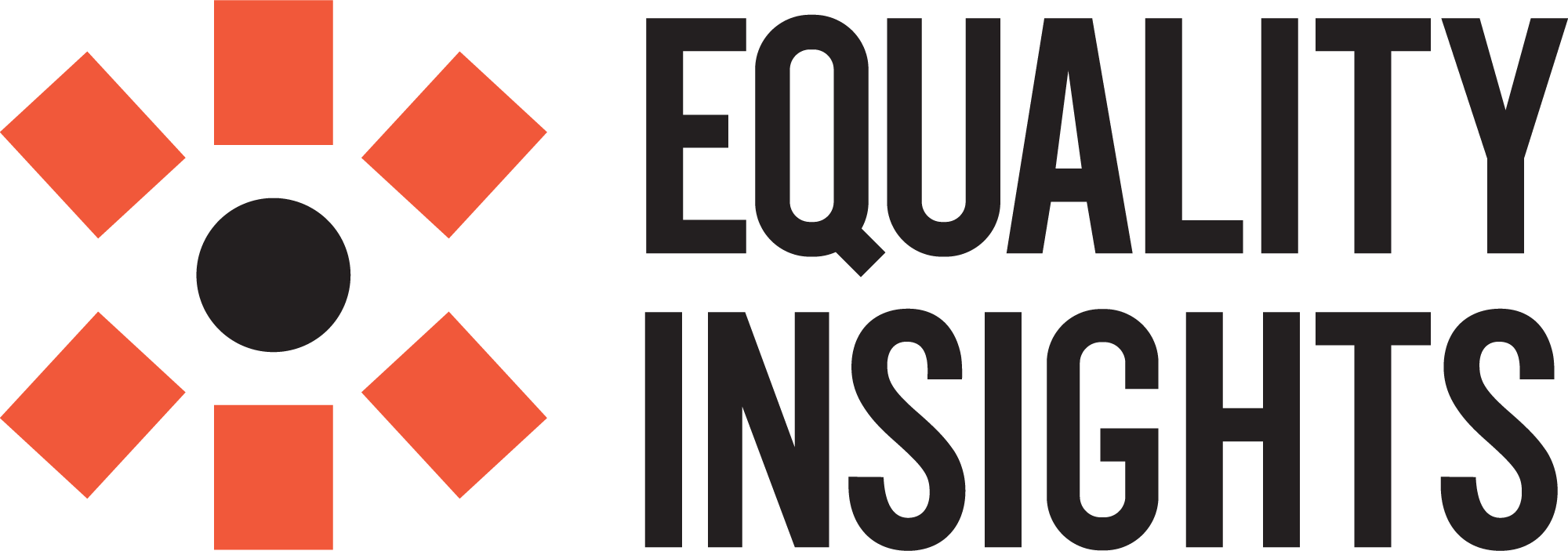
6 Reasons Why The World Needs Feminists
Beyond the morning teas and the hashtags, feminist collective action is at the heart of International Women’s Day.
On March 8 last year, more people searched ‘feminism’ and ‘gender equality’ on Google than any other day of the year.
International Women’s Day places a spotlight on the issues that feminist activists focus on all-year-round.
At IWDA, feminism is the lens through which we view the world and our work. So this International Women’s Day, we’re talking about why the world needs feminists.
Here’s a few reasons…

The world needs feminist MOVEMENTS
Feminist movements have long driven transformative change – securing rights and holding the line against formidable backlash. Most recently we have seen the Green Wave moment successfully push for abortion rights in Argentina in the face of staunch conservative pressure, and women’s rights civil society groups achieve landmark sexual violence laws in Indonesia after a decade of campaigning. These are just two examples of the relentless, tenacious and fierce feminist movements that have transformed communities, nations and regions.
At IWDA we are committed to contributing to feminist movements because they offer new possibilities and perspectives and are critical to defending and advancing rights.
 The world needs feminist LEADERS
The world needs feminist LEADERS
Increasing diverse women, trans, non-binary and gender diverse people’s access to leadership is critical to transforming power and achieving true gender equality.
We support women’s rights and feminist organisations to challenge ideas about whose voices are heard and to advance alternative ideas of what it means to be a feminist leader. This is happening right now in Solomon Islands, where IWDA partner Women’s Rights Action Movement is advocating for legislative changes to support greater women’s political representation. In a country where only 12% of national parliamentary seats have been held by women since Independence, this movement is making herstory. As they inch closer to victory, we can’t wait to share their stories with you – watch this space!
The world needs feminist FOREIGN POLICY
Recognising that gender equality is a predicter of peaceful and flourishing societies, it makes sense that our polices should be feminist too. We’re proud to convene the Australian Feminist Foreign Policy Coalition (AFFPC), advocating for feminist foreign policy as a framework to understand and transform the global systems of power which uphold inequality – including patriarchy, colonialism, capitalism and racism. Since Sweden declared the world’s first explicitly feminist foreign policy in 2014, interest has grown steadily in feminist approaches to foreign policy. You can learn more from leading voices in this space through the AFFPC’s Issues Papers.
And we are very excited to announce an upcoming podcast which will delve into the intersecting world of feminist foreign policy and First Nations foreign policy, hosted by Gumbaynggirr/Dunghutti woman, scholar and AFFPC member Julie Ballangarry. F! It! – Exploring feminist and First Nations Approaches to Foreign Policy will be coming to your favourite podcast platform very soon!
 The world needs feminist DATA
The world needs feminist DATA
Data informed by intersectional feminism has the power to create a more equitable and sustainable future for everyone. Why? Because when we take a feminist approach to collecting data about people’s lives, we are able to better capture a diversity of experiences and close current data gaps.
For example, in 2024 it is not possible to say with accuracy how many women are poor globally, or if women are poorer than men overall or vice versa. And much poverty data provides little insight into circumstances inside households, where gender inequality plays a significant role in people’s lives.
That’s where our flagship program Equality Insights comes in. It offers a new way to measure poverty. And with a truer picture of people’s circumstances, we can inform targeted, responsive and evidence-based solutions that tackle poverty and reduce inequalities.
The world needs feminist HOUSEHOLDS
If we are to achieve gender equality for all, we must tackle gender inequality everywhere – in our communities, schools, workplaces, parliaments and in the home too.
Many of the feminist organisations IWDA partners with are working on dismantling restrictive gender norms that hold people back. For example, in Cambodia, Gender and Development for Cambodia (GADC) run a women’s economic empowerment program which also works with couples on achieving gender equality in the home. Together, participants discuss the expectations on men and women, the role of unpaid caring responsibilities, and how to better share decision-making powers and the domestic workload.
So this International Women’s Day, join us!
- Read more about why this day still matters
- Download our IWD factsheets, social media resources and posters!
- Donate to support the powerful work of feminist campaigners in Asia and the Pacific
Want to learn more?
Visit our other resources here:


